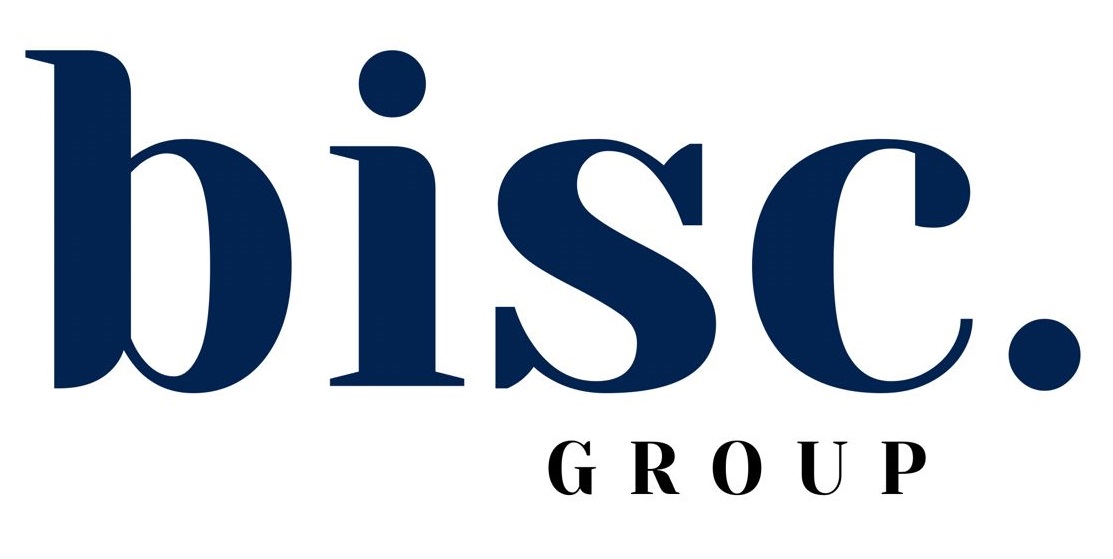What is Inventory Funding?
Inventory funding, also known as inventory financing or inventory loans, is a financing option designed to assist businesses in managing their inventory levels effectively. It provides the necessary working capital to purchase and maintain inventory without depleting existing cash reserves or straining cash flow.
How Does Inventory Funding Work?
Inventory funding involves obtaining a loan or credit line specifically dedicated to financing inventory-related expenses. The lender evaluates the borrower's inventory, its value, turnover rate, and marketability to determine the loan amount and terms.
Typically, businesses pledge their inventory as collateral for the funding, ensuring that the lender has a form of security if the borrower fails to repay the loan. This collateral-based approach allows lenders to offer favorable interest rates and terms, making it an attractive option for businesses seeking working capital.
Benefits & Disdavantages of Inventory Funding:
Cash Flow Management: By securing inventory funding, businesses can maintain their cash flow stability. Instead of tying up a significant portion of capital in inventory, they can allocate it to other critical areas such as marketing, expansion, or research and development.
Seasonal Flexibility: Many businesses experience seasonal fluctuations in demand, which can lead to cash flow challenges during slow periods. Inventory funding allows companies to adapt to changing demand by stocking up inventory in anticipation of high sales seasons, ensuring they can meet customer needs without financial strain.
Improved Purchasing Power: With access to additional working capital through inventory funding, businesses can negotiate better deals with suppliers. Buying in bulk or taking advantage of early payment discounts becomes feasible, leading to cost savings and increased profitability.
Business Growth: Efficient inventory management plays a vital role in business growth. By leveraging inventory funding, businesses can ensure product availability, expand their product offerings, and reach new markets. This, in turn, boosts revenue and enhances overall business growth.
Mitigating Obsolescence: Industries that deal with perishable goods or fast-moving consumer goods face the risk of inventory obsolescence. Inventory funding allows businesses to minimise this risk by constantly replenishing their inventory with fresh and in-demand products.
While inventory funding offers several advantages, it's important to consider the potential disadvantages as well. Here are some key points to keep in mind:
Interest and Fees: Inventory funding typically involves interest charges and fees, which can increase the overall cost of borrowing. It's important to carefully evaluate the terms and conditions offered by lenders to ensure they align with the financial goals and capabilities of the business.
Financial Risk: Taking on additional debt through inventory funding increases the financial risk for the business. If sales decline or the market experiences a downturn, the business may struggle to generate sufficient revenue to repay the loan. It's essential to assess the financial health and stability of the business before committing to inventory funding.
Limited Flexibility: Some inventory funding arrangements may come with restrictions or limitations on how the borrowed funds can be used. Lenders may require businesses to use the funds exclusively for inventory-related purposes, limiting flexibility in allocating capital to other areas of the business.
Market Volatility: Inventory funding is tied to the value of the inventory. If the market value of the inventory declines significantly, the collateral may not cover the outstanding loan amount. This situation can create challenges if the business needs to access additional funding or if the lender demands additional collateral.
Potential Overstocking: While inventory funding allows businesses to maintain optimal stock levels, there is a risk of overstocking. Holding excess inventory can tie up valuable capital and lead to increased carrying costs, such as storage, insurance, and depreciation.
Discover more about inventory funding and other funding methods by scheduling a call with our funding consultant. Book now using this link: https://calendly.com/bisc-call/30min

